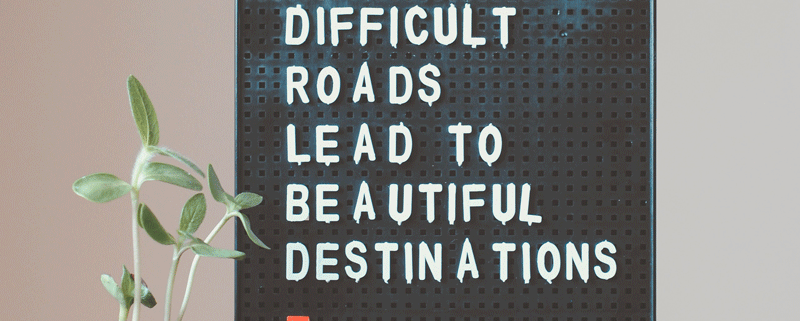Change can challenge mental health
“The only one who likes change is a wet baby.”
` — Mark Twain
What does change have to do with mental health? Great question. How we deal with change and view it can have a significant impact on mental health. Adapting to change is related to resilience and directly affects your mental wellbeing.
Change is part of life. Our lives and relationships are constantly changing. Our world today is also changing at an extremely fast pace, and it sometimes feels overwhelming to keep up. Sometimes we find ourselves spending a great deal of time and energy avoiding change, which can create anxiety and prolong the stress. How do you approach change in your life?
I remember, years ago, reading the book “Who Moved My Cheese?” and the buzz that it created with the story of types of reactions to change. The story involves four characters — Sniff, Scurry, Hem and Haw — who face an unexpected change of movement of their cheese. The cheese is a metaphor for what you want in life, i.e., job, relationship, health. The story demonstrates the main examples of how people tend to deal with change. It is a great, quick read that highlights common responses. It can be enlightening to see which character matches your own style.
Your worldview tends to affect how you deal with change. If you are having a negative view of things, change can be much harder to navigate and causes more stress. When stress and worry increase, so do physical issues (headaches, insomnia, digestive issues, muscle aches, blood pressure, etc.) and potential mental health issues such as depression, anxiety or substance use.
Most people tend to cope with change in one of two ways: escape coping or control coping. As the escape coping implies, it is based on avoidance. Control coping is a much more proactive approach. It involves managing emotions and taking an active stance being involved in the changes. Most of us work in both types at various times.
It is interesting to note the similarities of reaction to change and grief. I had a graduate school professor who once mentioned that most of the transitions or changes in our lives involve the grieving process, whether a breakup, loss of a loved one, job or a child leaving home. Noted in a recent article from “Mind Tools” are four common stages of reaction to change — shock and disorientation, anger, coming to terms, acceptance and moving forward.
Much like grief, the progression is different for everyone and rarely linear. Everyone has their own timeframe and own process. That is not to say that there are never skills you can use to navigate in a more productive manner if change is difficult for you. You are building your resilience skills.
When presented with change in your life, focus on the various stages:
• Shock and disorientation
• Emotional response — often anger or fear
• Acceptance
• Moving forward
Notice how you are responding and move to a conscious direction of moving with control coping, which entails regulating your emotions, getting support and being a productive and active part of the change. This type of coping does not mean trying to control the situation; it refers to controlling and managing your response in a mindful manner. Take some tips from the Cognitive Behavior Therapy approach, using positive reframes, radical acceptance and humor.
• Find your grounding in the familiar
• Take note of your perspective of the environment or situation
• Avoid becoming rigid
• Find support. Use your support network
Throughout your life there will be a good amount of change. It feels like it is coming at a faster pace in the world right now and it is normal to feel thrown off at times. Proactively and mindfully moving through the change can make all the difference in your overall mental health.
